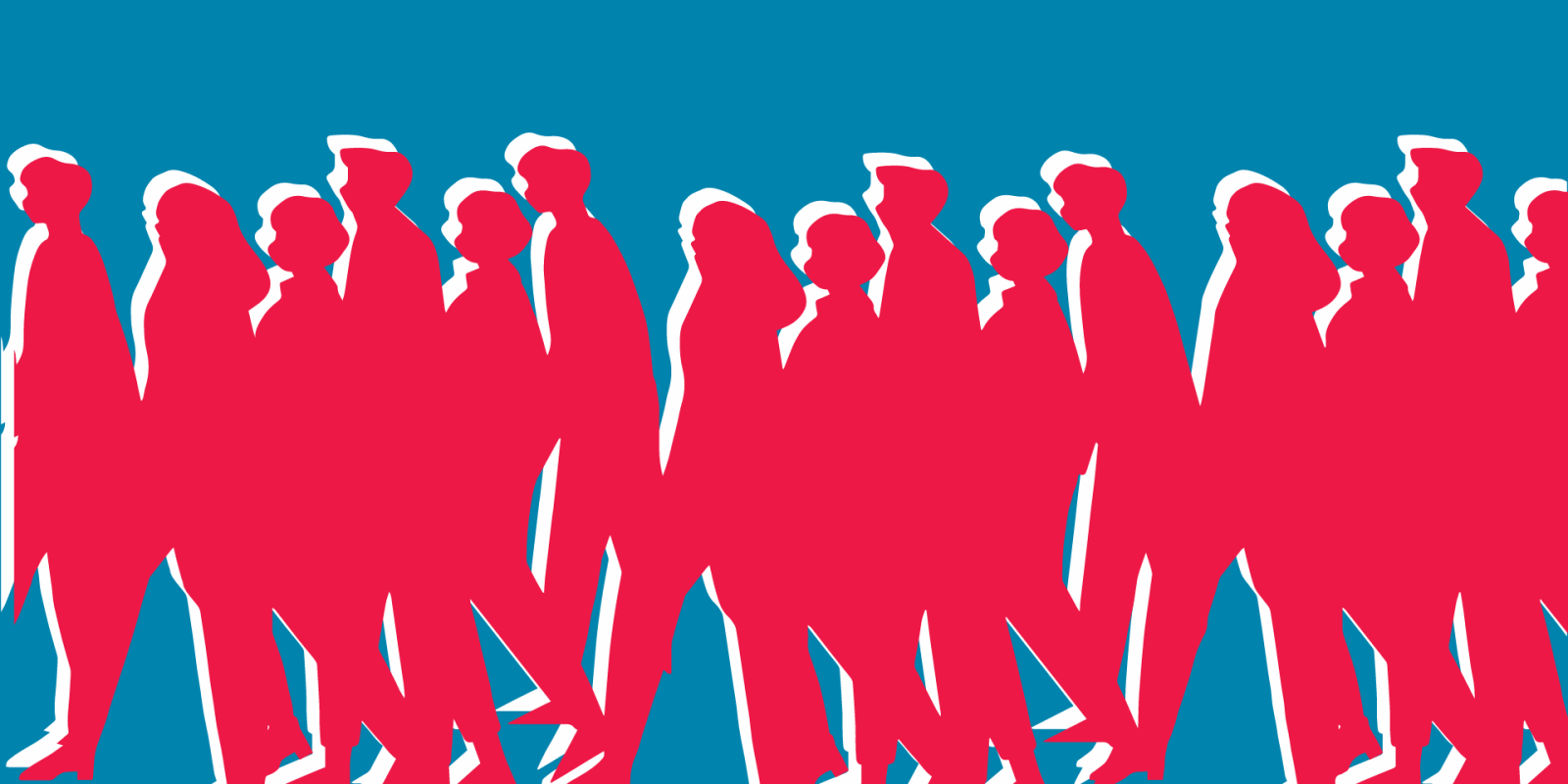
Beyond Refuge: Graduate Diploma Combines Refugee Studies, Psychology
AUC is relaunching the graduate diploma, Psychosocial Interventions for Forced Migrants and Refugees, set to begin in Fall 2024.
This interdisciplinary program combines refugee studies and psychology, with a specific emphasis on addressing mental health issues faced by forcibly displaced individuals. Students will have the opportunity to gain practical, hands-on experience through an internship with an NGO that works directly with refugees.
“AUC has the oldest and one of the few centers in the region dedicated to migration and refugee studies, making it well positioned to offer this program,” said Maysa Ayoub ‘02, adjunct faculty and associate director of CMRS. “Egypt hosts a significant number of forced migrants and refugees, reaffirming the importance of tackling the mental health challenges faced by these vulnerable populations.”
From Syria to Ukraine, forged migration is a global issue that has compounded in recent years. According to the United Nations High Commissioner for Refugees, the number of forcibly displaced people worldwide reached 110 million in 2023 and is projected to rise to 130 million in 2024. This includes refugees, asylum-seekers, internally displaced persons and other people in need of international protection. Throughout their displacement journey, these individuals face numerous hardships that can be traumatic and affect their mental health.
“Forced migrants often experience traumatic events such as war and violence, and adapting to new environments in foreign countries who may not welcome them, adds to their stress,” said Carie Forden, professor and chair of the Department of Psychology.
Research has shown that rates of post-traumatic stress disorder (PTSD) and depression are significantly higher among refugee populations compared to the general population. The lifetime prevalence of PTSD among refugees is around 31%, compared to 4% in the general population, while the prevalence of depression is 32% among refugees, compared to 12% in the general population.
“Psychosocial interventions play a crucial role in supporting these individuals and can include educational programs, community support and psychotherapeutic treatment to promote social inclusion and integration,” said Forden. “The diploma will equip graduates with the skills they need to develop and implement these interventions.”
The diploma aims to foster a holistic approach to addressing forced displacement, focusing on finding solutions at the individual, family, and societal levels while considering the diverse cultural contexts involved.
“Graduates of this diploma will be able to think critically and analytically about migration and refugee issues as well as plan, manage and implement comprehensive, culturally sensitive interventions that alleviate –– or at least minimize –– the psychosocial issues involved,” Ayoub said, adding that diploma graduates are qualified to work in local and global refugee organizations. “They will learn to develop effective strategies that have a positive impact on the psychosocial well-being and resilience of refugees, whether adults or children, without discrimination based on ethnicity, gender, religion or capacities.”
